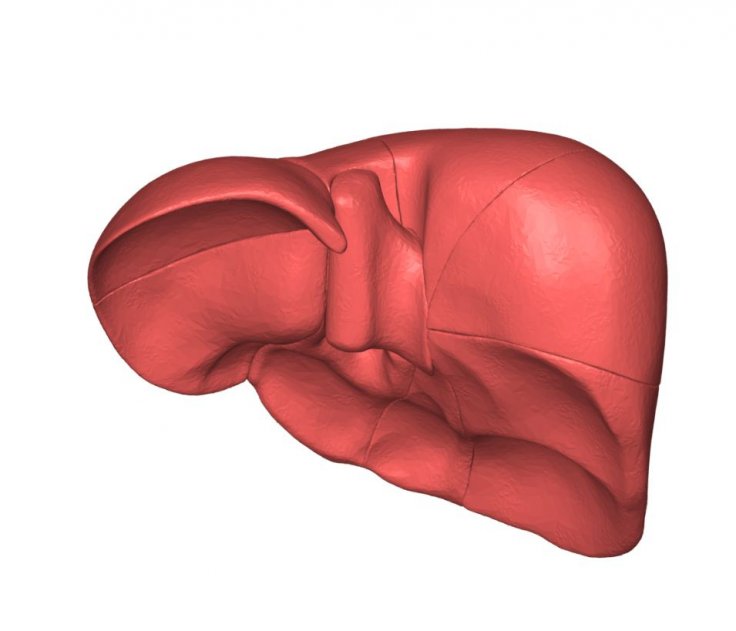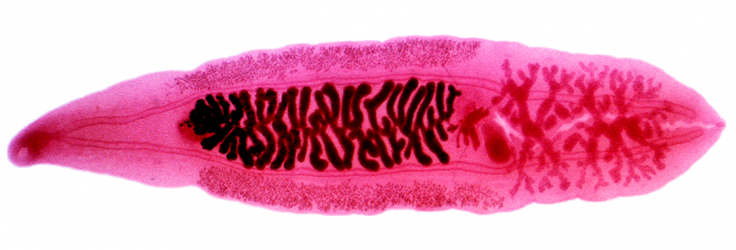A Chinese man who had eaten undercooked fish lost half of his liver as an army of parasitic flatworms laid eggs inside him. The patient whose name is Xie, came for medical help complaining that he was witnessing the loss of appetite, fatigue, abdominal pain and diarrhea.
Xie stated that he has been struggling for the last four months, a report by Hangzhou First People's Hospital confirmed. The 55-year-old was later diagnosed with clonorchiasis, which is an infection that happens due to the parasitic flatworm known as Chinese liver fluke.
The doctors got shocked when the scans of Xie showed that the left lobe of his liver had been 'emptied' and a pus-filled sac measuring 19cm long, 18cm wide, and 12cm deep has taken its place, as reported by the Mirror.
Chinese Man Loses Half Liver

Many tumors had started growing on the walls of the sac. The doctors drained the fluid from the growth and had reduced its size by half. After the scans that were taken three weeks later showed inflammation and tumors on the liver, surgeons were asked to chop out the section of the organ.
They discovered many lightbulb-shaped eggs in the deadly liver tissue. Xie recalled that he had eaten a delicacy of fish which is purposely undercooked in his hometown, where the locals briefly rinse the meat with hot water for some seconds. The 55-year-old man is believed to have ingested flatworm cysts that later hatched in his intestines and swam to the liver, feeding off the tissue and inhabiting his bile ducts.
The initial stages of Chinese liver fluke may present with mild to zero symptoms, thus the host does not get aware, as per the report. The parasite has a high reproductive rate and can produce around 1,400 to 2,000 eggs that can live between 20 to 30 years. In the cases which get serious, it may lead to the destruction of the liver tissue, liver cirrhosis, and also fatal bile duct cancer.
As per the WHO, the Chinese liver fluke larvae, which is known as miracidia are first ingested by the snails ahead of reproducing and leaving the first host to find a freshwater fish. Then they wait for the fish to be eaten by a mammal, later laying eggs in the digestive tract completing the cycle.










